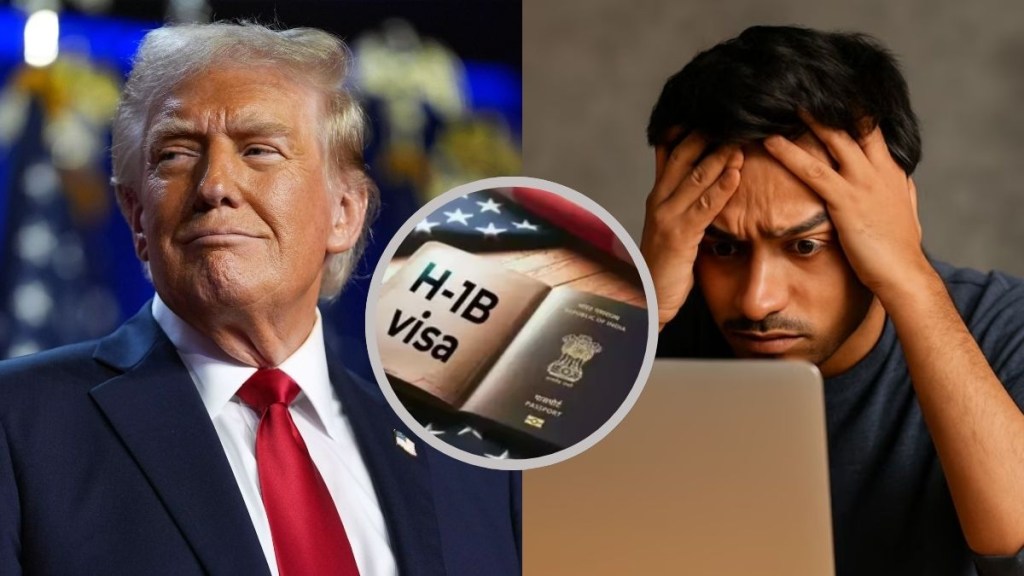The US H-1B visa system is about to undergo a major shakeup, which could impact many Indian professionals, who account for the largest percentage of recipients annually.
According to US government data, 191,000 H-1B visas were issued to Indian professionals during the fiscal year 2023. In FY 2024, that figure increased to roughly 207,000.
The White House has approved a proposal from US Citizenship and Immigration Services (USCIS) to replace the long-standing lottery system with a wage-based selection process.
Under the new framework, H-1B visas would be issued to applicants in order of the salaries offered to them, starting with the highest.
What is changing in the H-1B visa selection process?
The allocation of the 85,000 annual H-1B visas, which include 20,000 for individuals with advanced degrees from the US to foreign professionals, has been decided by a random lottery for decades.
Given that Indian nationals regularly obtain over 70% of these visas, mostly for software, IT consulting, and engineering positions, the programme is especially important for India’s tech workforce.
Senior and well-paid professionals might benefit from the proposed change, but recent graduates and entry-level employees, many of whom are imported from India on entry-level packages, may have fewer options.
The plan seems to resurrect a Trump-era push to prioritise visas based on wages rather than chance, even though the regulation’s specifics have not yet been made public.
If put into practice, employers might have to reconsider their hiring practices and consider paying more to increase the likelihood of being chosen.
Unless there are legal challenges, the earliest rollout could occur by the March 2026 filing window for the FY 2027 H-1B cap.
‘The US doesn’t need low paid, entry level H1B’s’
Netizens posted their opinion on the post. “Americans gonna be shocked when they realize H1B visas aren’t contributing significantly to their employment woes. But it’s always easy to blame the immigrant,” stated a user.
A user noted, “H1B is about bringing talent into the country, this talent is normally correlated with wage. The US doesn’t need low paid, entry level H1B’s. The current system is so ridiculously bogged down with fraud it makes the legitimate raffle system pointless when there are countless sham consultants entering raffle after raffle with fake employers. The system needs a desperate overall. Maybe this exact change isn’t perfect, but it’s a step in a good direction IMO.”
Another added, “There’s one glaring concern. Top talent in one industry can sometimes make close to entry level salary in another. That needs to be accounted for.”
“Very frustrating that my career path is one of those “you need experience to get hired, but no one will hire you without experience”. And H1B visas have been going to entry level jobs paying less than $50k. Meanwhile, American college grads are left on the sidelines,” claimed a user.
“For entry level jobs government should be pushing companies to train local workers, as this can be done relatively easily and quickly, and they’ll be able to advance over time. Only for senior roles where it’s not feasible to train someone local immigration should be an option,” added another user.
